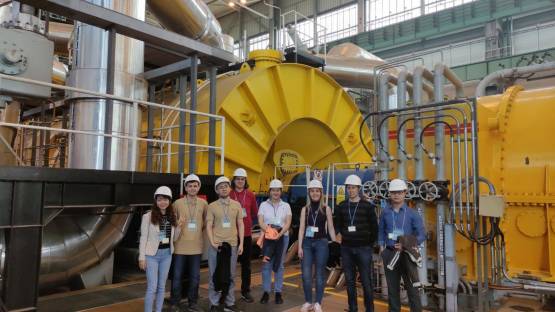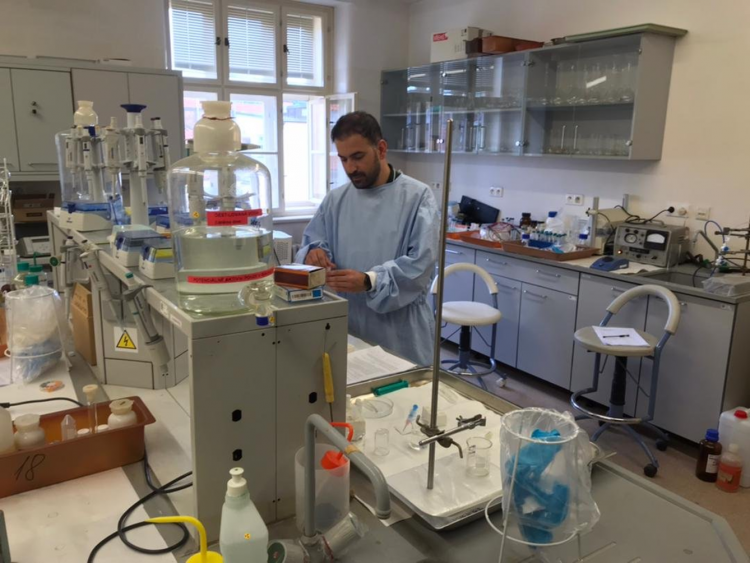Following more than a month of hands-on training, technical site visits and theoretic lectures spread across two continents, IAEA and international experts presided over the graduation of 21 young professionals from 15 countries, whose expertise in nuclear power management and related areas has now been certified by the Intercontinental Nuclear Industry (INI).
Today, sustainability in the nuclear industry is most threatened by the ageing population of specialists and the capacity gaps their retirements expose. Completing their studies with INI on 28 June, the graduates are expected to help fill those gaps by adding new competencies in emerging technologies and procedures to the nuclear sectors of their respective home countries.
“In my home country, Estonia, we are working towards the deployment of our first NPP. It was important to hear IAEA experts speak to the ideas and challenges we study regularly — whether it be the co-generation of heat and industrial steam, energy economics or financing — as it helped to confirm we are on the right track,” said Anu Koppel, a Supply Chain Engineer at Fermi Energia, the company preparing to deploy the first small modular reactor in Estonia.
The annual, four-week programme of INI brings together a diverse student body of graduates or young professionals in the nuclear field from across the globe, including engineers, energy and electricity planners, lawyers, researchers, reactor operators and public communicators. It provides practical and fundamental information pertaining to the safe, secure and sustainable generation of nuclear power.
Supported through the IAEA technical cooperation programme[1] and the United States of America, the Institute’s courses have traditionally been hosted by the Czech Technical University (CTU) through NuclearHub Prague and the University of Massachusetts (UML) in Lowell. However, training courses have also been delivered in virtual or hybrid formats since the outbreak of the COVID-19 pandemic.







